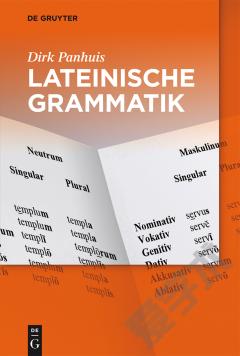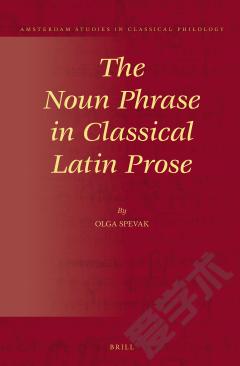Embodiment in Latin Semantics.
Embodiment in Latin Semantics introduces theories of embodied meaning developed in the cognitive sciences to the study of Latin semantics. Bringing together contributions from an international group of scholars, the volume demonstrates the pervasive role that embodied cognitive structures and processes play in conventional Latin expression across levels of lexical, syntactic, and textual meaning construction. It shows not only the extent to which universal aspects of human embodiment are reflected in Latin’s semantics, but also the ways in which Latin speakers capitalize on embodied understanding to express imaginative and culture-specific forms of meaning. In this way, the volume makes good on the potential of the embodiment hypothesis to enrich our understanding of meaning making in the Latin language, from the level of word sense to that of literary thematics. It should interest anyone concerned with how people, including in historical societies, create meaning through language.
{{comment.content}}








 京公网安备 11010802027623号
京公网安备 11010802027623号